The Ultimate Shopping List for Emergency Food Supplies
Natural disasters, virus outbreaks, and other emergencies come with little warning. Health and emergency officials have long recommended families and homes to have an emergency preparedness kit in case of natural calamities or quarantines.
Your diet during an emergency is very different from your normal routine. Food stocked for an emergency should be high in protein and high in quality. It is also suggested to avoid salty food.
Emergency kits tend to meet basic needs rather than preferences and flavors. Food that does not require cooking is most ideal for an emergency kit. Dehydrated foods are also a healthy and viable option.
We have compiled a list of the most ideal foods to pack in your family's emergency kit.
Peanut Butter

Peanut butter is a great source of energy and proteins. It is also full of the healthy fat that your body needs. Peanut butter does not need refrigeration after opening and has an exceptionally long shelf life.
Whole-wheat crackers
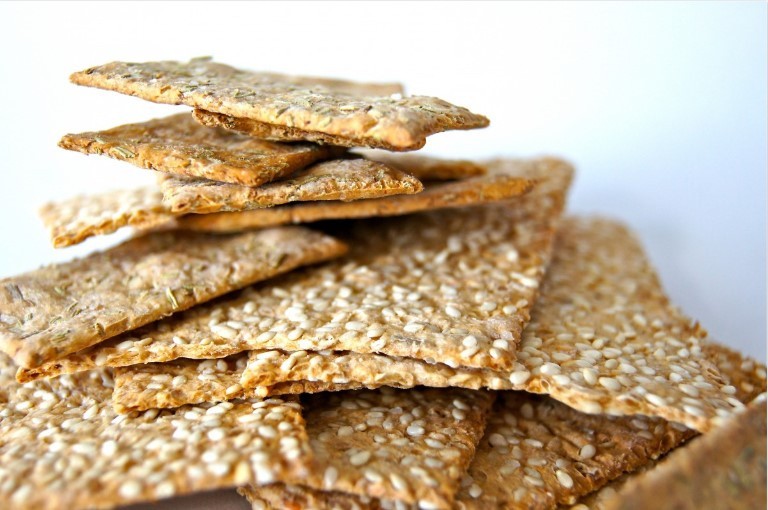
Crackers are a good replacement for bread and pair really well with peanut butter. Multi-grain crackers can give you a boost of energy due to its B vitamins content. These vitamins focus on turning nutrients from food into useable fuel for your body.
Whole wheat crackers have a shorter shelf life than plain crackers. Vacuum-packing your crackers can help prolong freshness.
Nuts and Trail Mixes
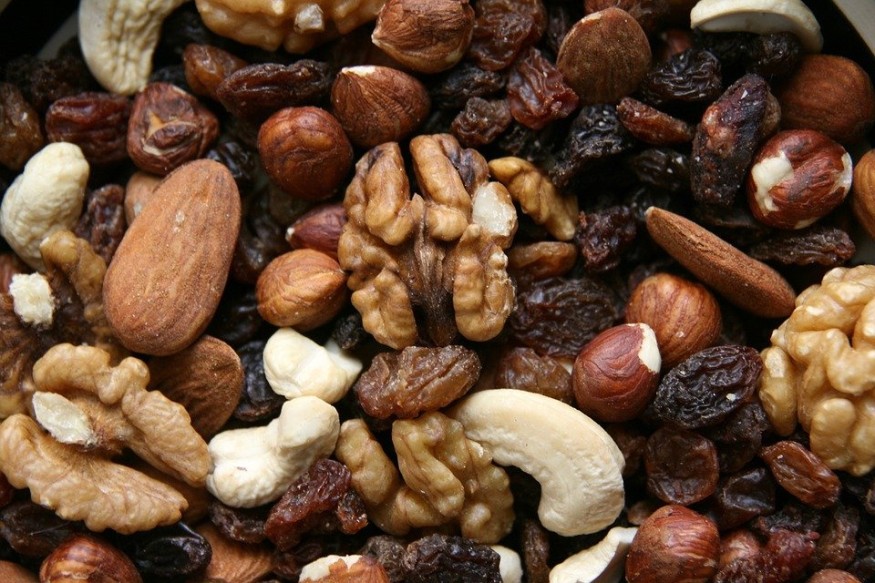
Nuts and trail mixes are a good source of energy, They're healthy, delicious, and extremely convenient to pack. Most mixes combine nuts, seeds, and dried fruits. When buying, looking for trail mixes in vacuum-packed containers.
Granola Bars
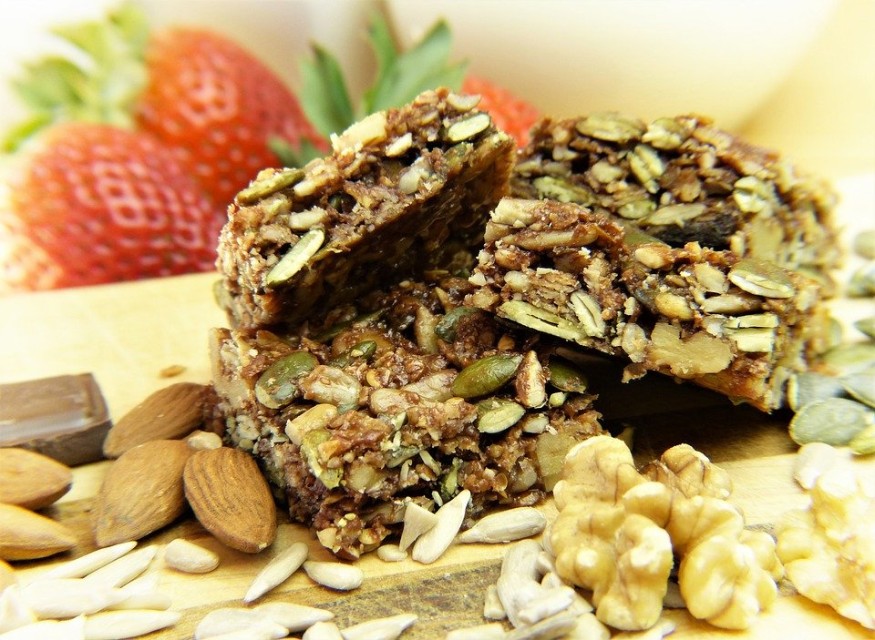
These portable healthy snacks are packed full of carbohydrates to give you tons of energy during an emergency. It's also a good source of fiber and protein. Granola bars can be stored for up to six months.
Dried Fruits

These healthy snacks provide a lot of nutrients such as fiber, vitamins, and antioxidants. Health benefits include improved blood flow and better digestive health. Consider buying packs containing no preservatives or additives added.
Canned Food
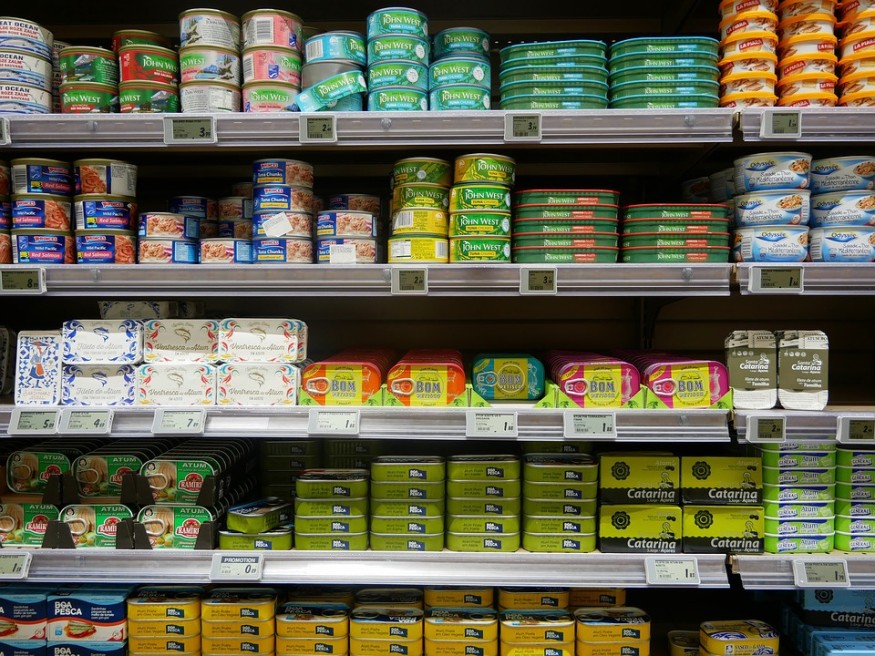
Canned food generally lasts two years in the pantry. Vacuum-packed meats last at least six months. Canned meats provide essential protein.
Canned vegetables provide you with essential vitamins and minerals for a well-balanced meal. They also go very well with canned meats.
These items are a must-have in any emergency kits as they do not need to be cooked. Be sure to keep a non-electric can opener.
Canned soups and chili
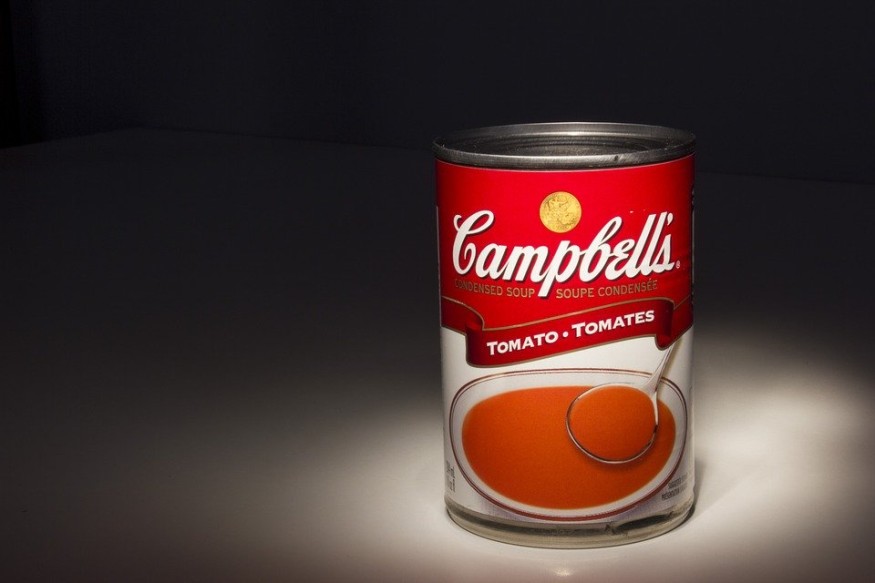
Soups and chili give you a variety of flavors and can be eaten straight out of the can. They are also packed with nutrients your body will need to keep going during an emergency situation. Look for low-sodium options when buying.
Bottled Water
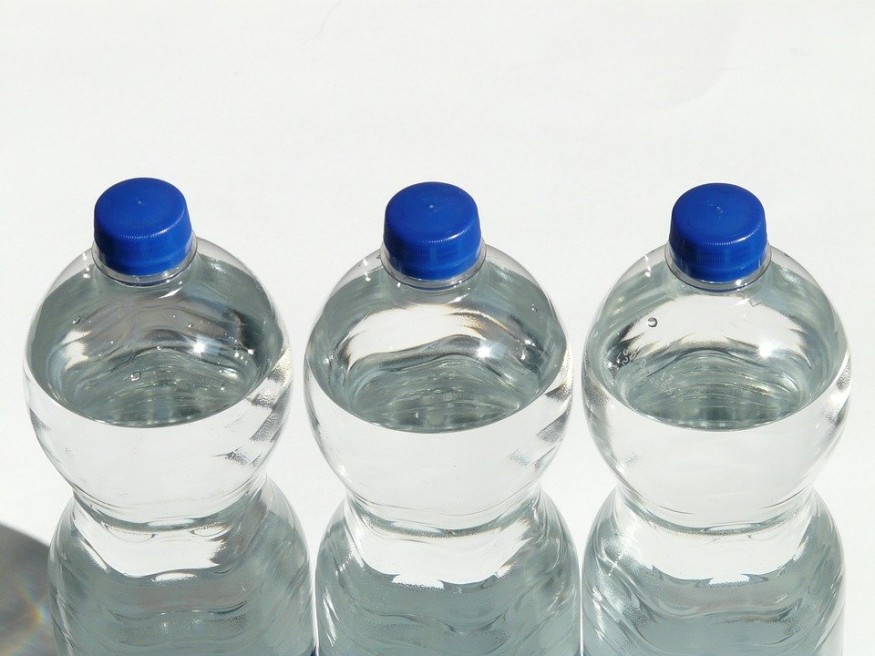
Water is an essential item in every kit. The body needs at least half a gallon of water a day. Stocking supply for three-days is recommended. Purchase water that comes with essential minerals to stay hydrated.
Sports drinks
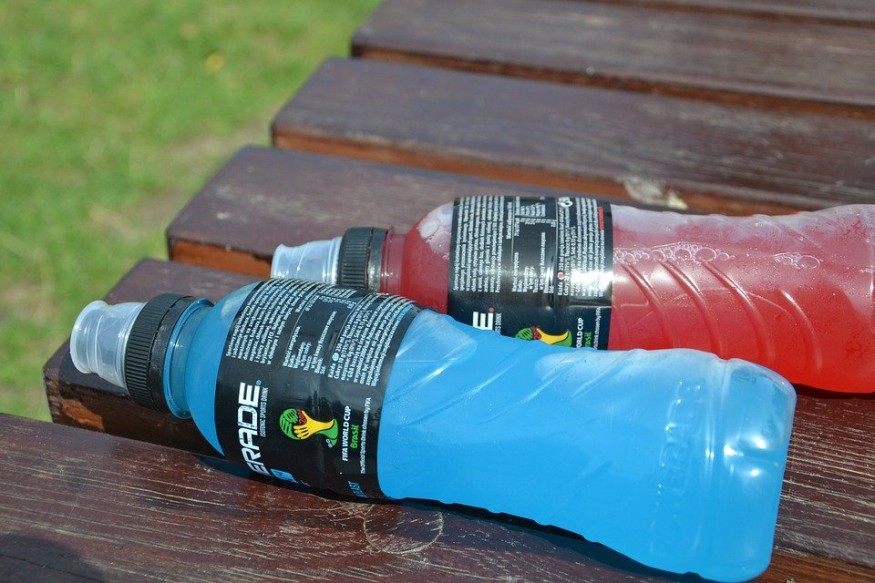
Sports drinks are known for being chock full of electrolytes and carbohydrates. These drinks help to keep you hydrated when water is not available. Choose drinks that don't come with sweeteners.
Powdered Milk
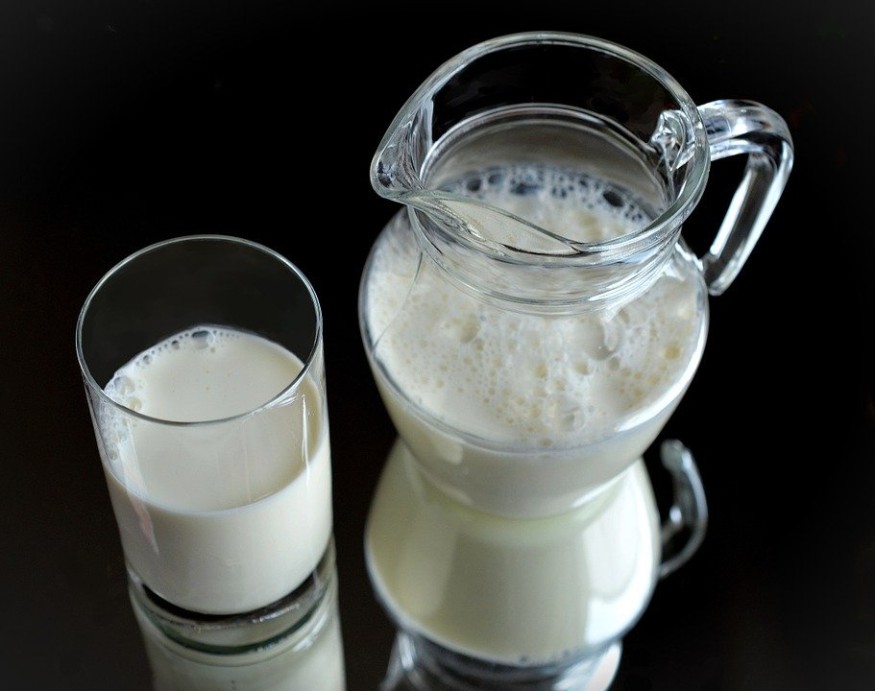
Powdered milk is a great stockable dairy substitute and a source of calcium and vitamin D. It doesn't require refrigeration and has a long shelf-life.
Subscribe to Latin Post!
Sign up for our free newsletter for the Latest coverage!

















